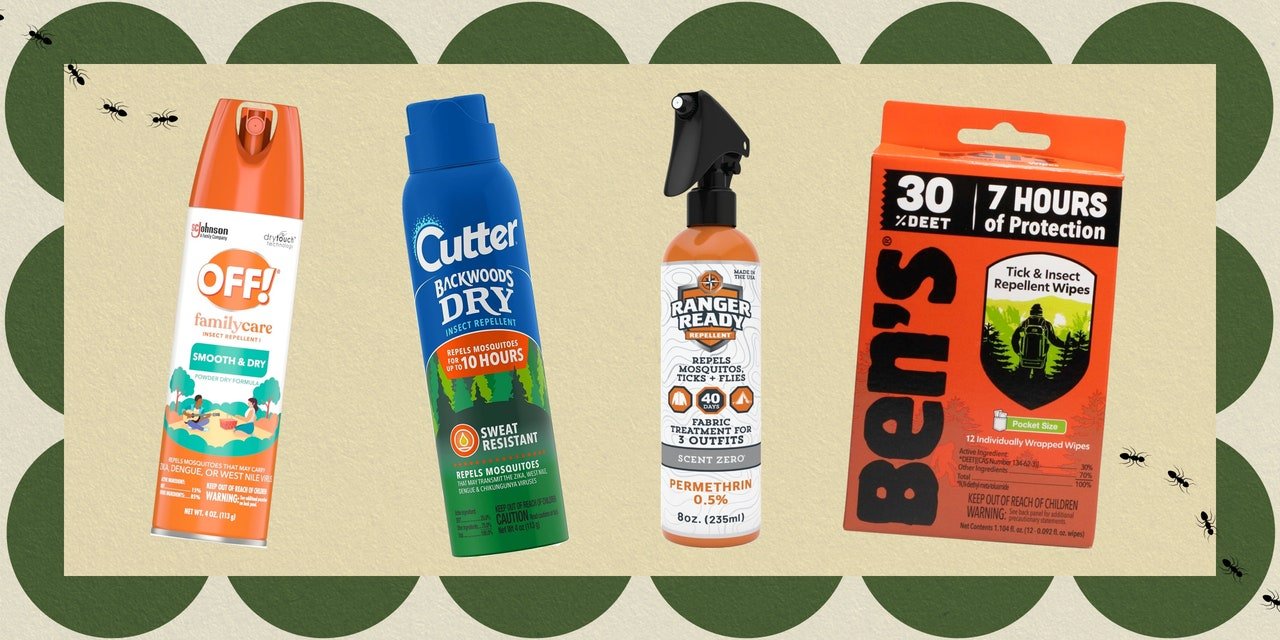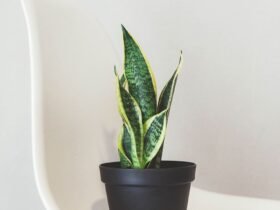- Key ingredients: 25% DEET
Best Lotion: Sawyer Controlled Release Insect Repellent
Here’s another one of Dr. Camp’s go-tos. It’s formulated to gradually release its active ingredient, DEET, onto your skin for an extended period of protection. If you’re interested in more lotion-style options, Sawyer has a picaridin-based version too—Neeta Connally, PhD, a medical entomologist at Western Connecticut State University’s Tickborne Disease Prevention Lab, tells SELF that’s what she often uses in the field.
- Key ingredients: 20% DEET
Best for the Whole Family: Off FamilyCare Insect Repellent
DEET products often get a bad rap for their smell and oily texture, but Off’s FamilyCare formula is a major exception. “This bug spray is made with a powder-dry formula that leaves skin feeling smooth and dry, not greasy,” Dr. Camp says. That’s a major plus if you’re sharing your spray with kids, who might be less likely to reapply when they need to if it means feeling sticky and slimy.
Although Off’s FamilyCare line uses a slightly lower concentration of DEET than is recommended by the Centers for Disease Control (CDC), it’s acceptable for spending shorter periods of time outdoors and for children, according to the American Academy Pediatrics.
- Key ingredients: 15% DEET
Best for Clothing and Gear: Ranger Ready Permethrin Spray
Permethrin (not to be confused with picaridin) is a powerful insecticide that you shouldn’t use on your skin. But you can safely apply it to clothing, shoes, and gear like your backpack or sleeping bag (just don’t spray it onto anything you’re currently wearing). Dr. Connally recommends using a permethrin-based spray for an additional degree of protection outdoors. She likes Ranger Ready’s products because they’re unscented and shouldn’t feel noticeable on your gear. This particular spray from the brand will last for up to five washes or 40 days of exposure.
- Key ingredients: 0.5% permethrin
Best for Travel: Ben’s Tick & Insect Repellent Wipes
If you’re headed out on a camping trip or traveling somewhere buggy, you can save room in your bag if you pack these repellent wipes instead of a clunky can. One Amazon reviewer compared their effectiveness to a bug force field—and others were pleased by how quickly the wipes’ scent dissipated after using them. Just make sure you’re prepared to pack out any used wipes and wrappers if you’re somewhere out in nature.
- Key ingredients: 30% DEET
What should you look for in an effective bug spray?
For bug bite prevention, use products that contain active ingredients registered with the Environmental Protection Agency (EPA), Dr. Connally says. She adds that you should be able to find a registration number on the product’s packaging.
The most common registered ingredients are DEET, picaridin, oil of lemon eucalyptus, IR3535, and permethrin. They’re all considered effective, but each has its pluses and minuses. Here’s a little more info on them (and if you aren’t sure which is best for you, or what ingredients are in a specific product, check out the EPA’s helpful repellent finder).
















Leave a Reply